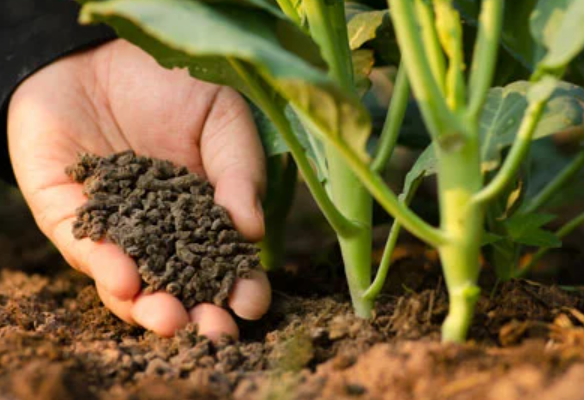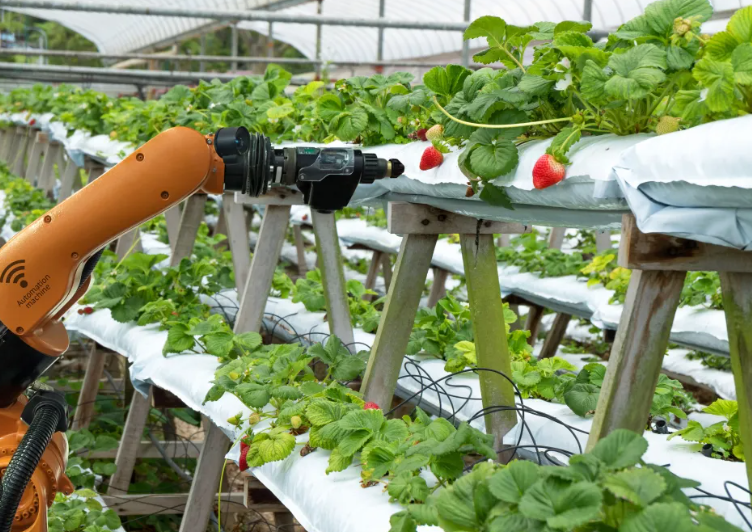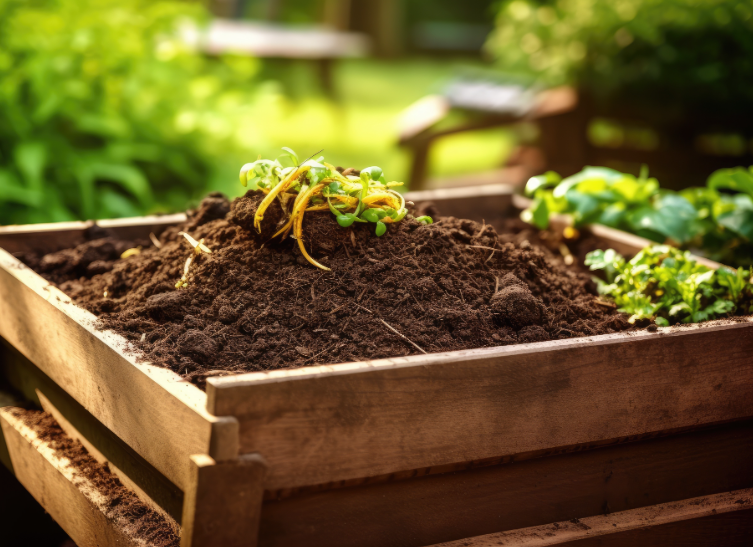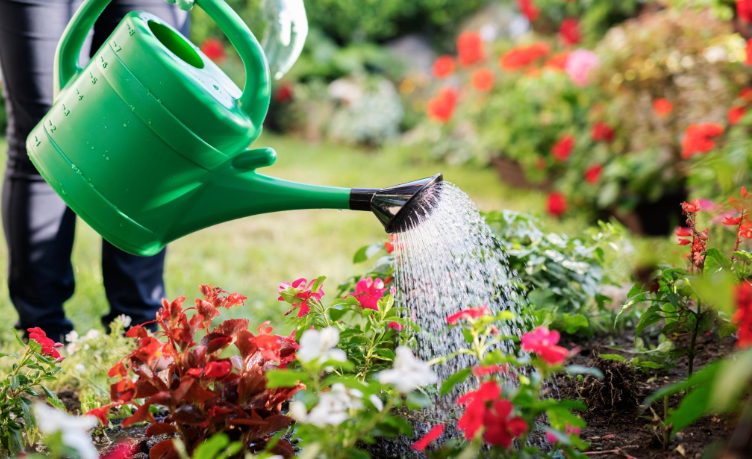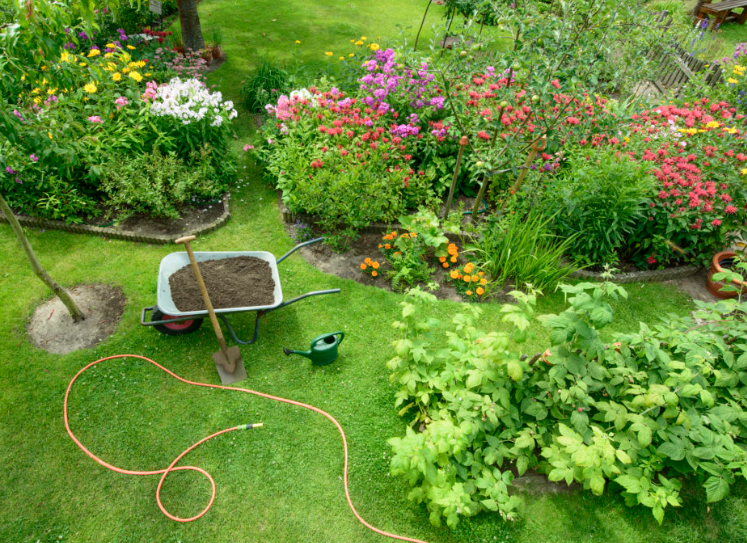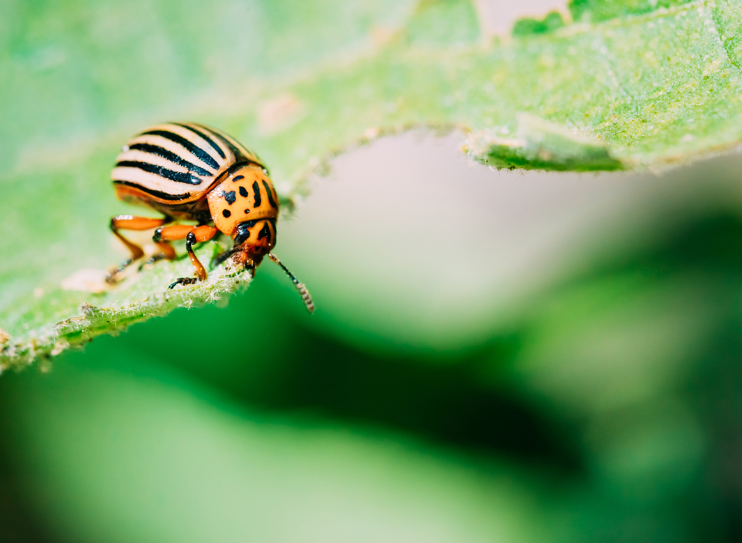Creating your own organic fertilizers and soil amendments is an environmentally friendly and cost-effective way to nourish your garden. By using natural materials, you reduce reliance on synthetic chemicals and enhance soil health. Here are some simple methods to make your own organic fertilizers and amendments.
Composting
Composting is one of the most popular and effective ways to create organic fertilizer. The process involves decomposing organic matter, such as vegetable scraps, grass clippings, and yard waste, into nutrient-rich humus. A balanced compost pile should consist of a mix of green (nitrogen-rich) materials, like food scraps, and brown (carbon-rich) materials, like dry leaves. To accelerate decomposition, ensure the pile is turned regularly and kept moist. After 3-6 months, the result is dark, crumbly compost that can be spread throughout your garden to improve soil structure and provide a slow-release source of nutrients.
Compost Tea
Compost tea is a liquid version of compost that can be used to feed plants. To make it, place a few handfuls of finished compost in a porous bag (such as a burlap sack or old pillowcase) and steep it in a bucket of water for 2-3 days. Stir occasionally and use the strained liquid to water your plants. Compost tea is rich in beneficial microorganisms and nutrients, helping to boost soil fertility and plant health.
Manure
Well-aged manure from herbivores, such as cows, horses, or chickens, is an excellent organic fertilizer. It’s high in nitrogen, phosphorus, and potassium, the essential nutrients plants need. Always use aged manure—fresh manure can burn plants due to its high ammonia content. You can apply it in the fall to allow it to break down before planting in the spring or mix it into your compost pile for further decomposition.
Bone Meal and Fish Meal
Bone meal and fish meal are nutrient-dense organic amendments that provide phosphorus and trace minerals. Bone meal is made from ground animal bones, while fish meal comes from dried fish or fish parts. Both are slow-release fertilizers, promoting root growth and flowering. They are especially useful when planting bulbs, perennials, or new transplants.
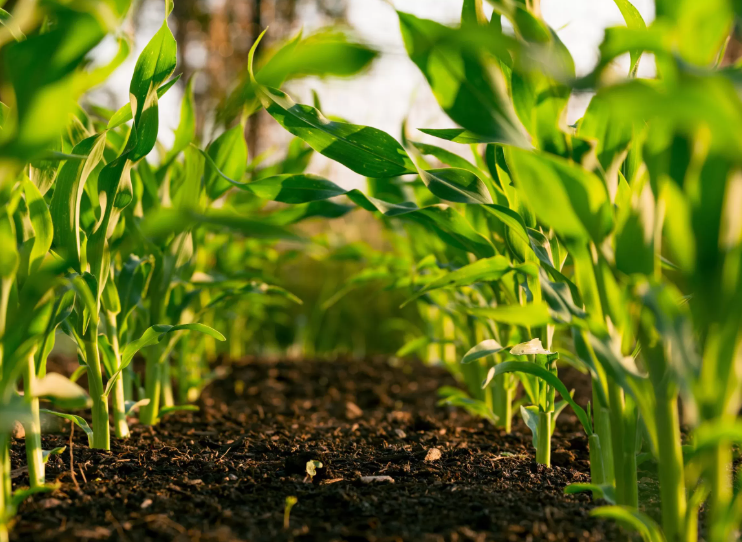
Eggshells and Coffee Grounds
Crushed eggshells are rich in calcium, which helps strengthen cell walls and prevents blossom-end rot in tomatoes and peppers. Simply crush the eggshells and scatter them around your plants. Used coffee grounds, rich in nitrogen, can also be added to the compost or spread directly onto the soil. They not only fertilize the soil but also improve its texture.
